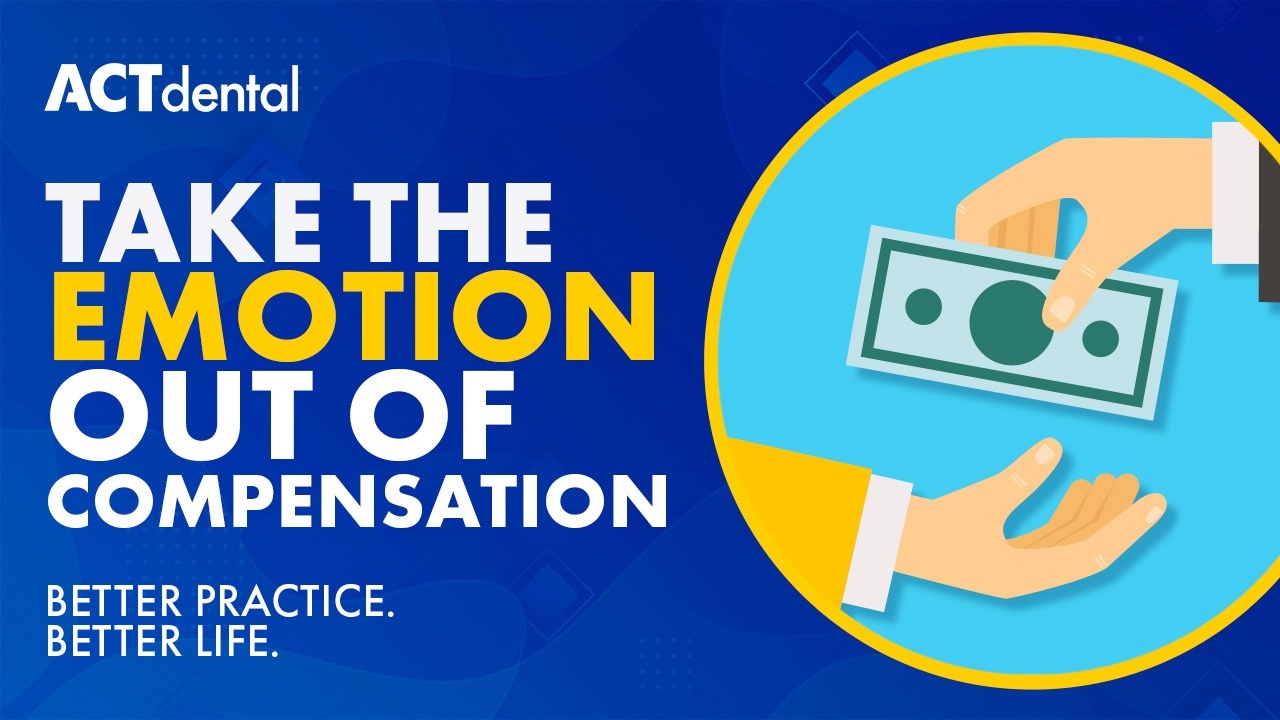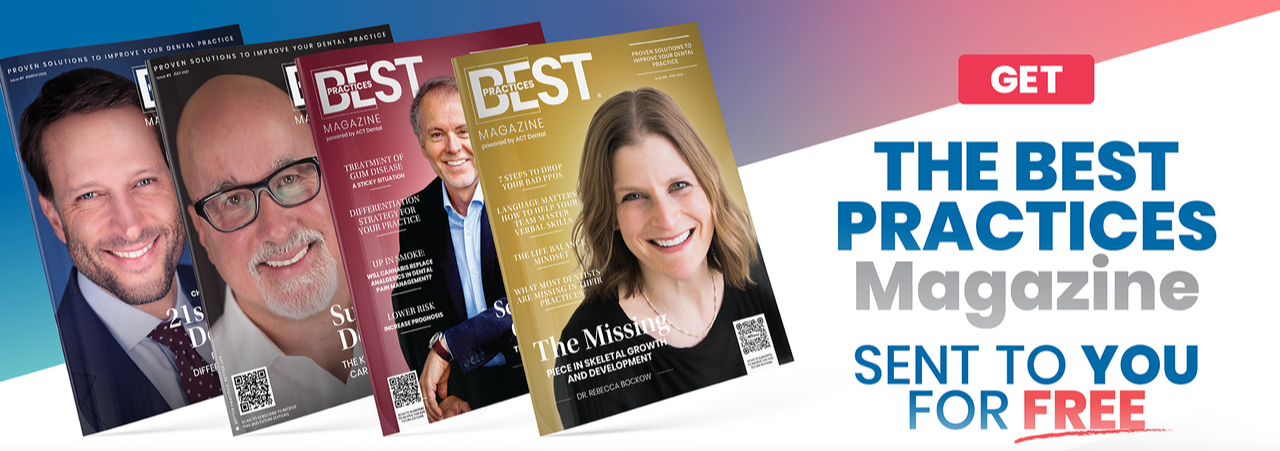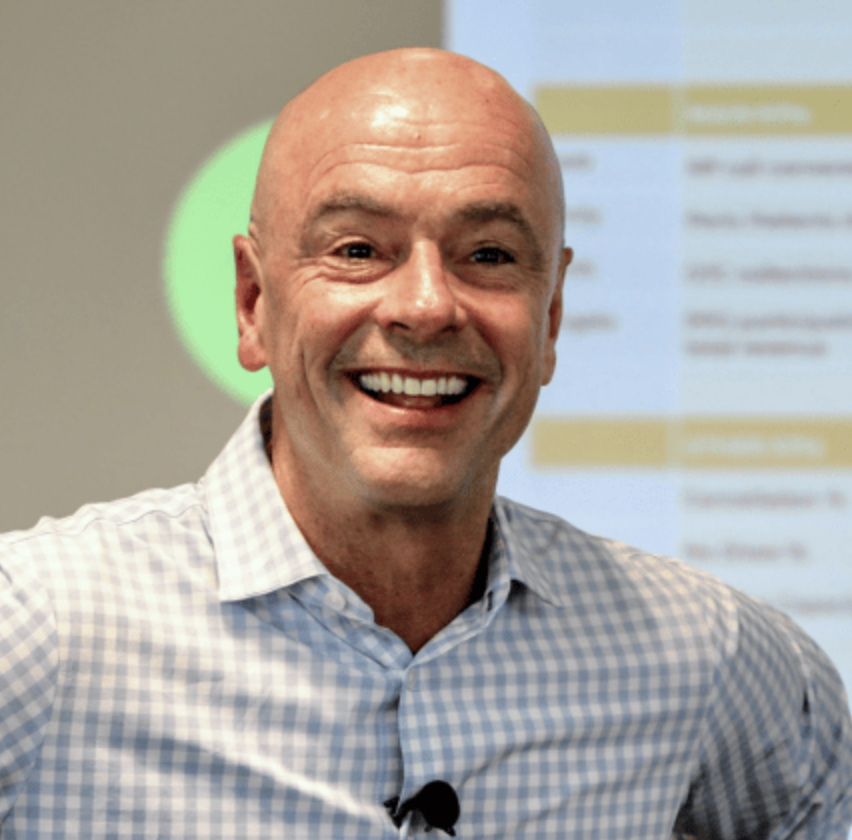We hear it all over the country right now—there aren’t enough good hygienists because they either left the profession, didn’t come back after COVID, or they’re coming back and asking for unbelievable salaries. Because of that, dentists are struggling to compensate their hygienists. You want to give them the salary they deserve, but you can’t afford raises without collecting more. I spoke with Dr. Kevin Groth, Dr. Rob Ritter, and Dr. Pat Lillis about how they compensate their hygienists, and they all agreed that using your practice metrics to keep the conversation based in math instead of emotion is the best route.
Look at the Numbers
Dr. Ritter’s preferred method is pretty simple—take the amount he charges for a hygiene prophy for an hour, multiply it by the number of patients the hygienists typically see in an hour (usually eight), take 30% of that, and that’s what they can make for the day as a starting salary. The reason it’s 30% is because a practice’s overhead is typically in the 60-70% range, so you don’t want to go higher. It’s important to know your own overhead rate so you can determine the salary that works best in your practice.
When you base your hygienist salary on your practice’s metrics, it takes the emotionality out of the conversation. Like Dr. Lillis noted, without metrics every dentist is stressing out when they have salary reviews with their hygienists.
What About the Bonus?
Dr. Ritter also provided some insight into two ways that his hygienists can make bonus money:
- They get 10% of anything they make over the amount they’re required to generate each day. As an example, if $1,000 is the required amount and they make $1,500, then they earn 10% of that $500, or $50. When you amortize that out over eight hours, it comes out to an extra $4-$5 per hour that they earn.
- When he goes into a room and diagnoses a crown, veneer, or implant, the hygienist gets 1% of whatever is done. So if it’s a crown that costs $1,000, they get $10.
With these incentive-based bonuses, it’s easy for hygienists to make a very good per-hour wage. Dr. Groth noted that this kind of percentage-based compensation also leads to planning more treatment. Instead of pushing off treatment you don’t really want to do, you’re incentivized to do the dentistry. It may seem complicated to keep track of, but an office manager and an Excel spreadsheet are all it takes in Dr. Ritter’s office.
Different Hygienists, Different Salaries?
Another suggestion that Dr. Ritter provided was paying all your hygienists the same salary regardless of how long they’ve been there. It’s about performance, not longevity, and differing salaries can cause animosity when hygienists talk amongst themselves. When you have a stream of hygienists complaining about one making more money, then it becomes a logistical and emotional nightmare for the dentist.
It’s important to understand that everyone is on the same plane—there isn’t a hierarchy. Dr. Lillis says that hygienists are no more important than the administrative team, the administrative team are no more important than the dental assistant, and he’s not more important than any of the rest of them. If somebody thinks they’re more important and deserves to be paid more, they’re probably not a great fit. I’ve noticed and said, “Money is important, but it’s usually never number one when you’re dealing with great team members.”
Because of the shortage of hygienists, there’s more and more pressure to give raises and bonuses to incentivize and keep the ones you have, but it’s hard for a small business to keep up. You pay your hygienists a lot—and they’re worth it—and you need to approach these salary conversations without any emotion. Rely on your practice’s metrics to determine the baseline salary, and consider utilizing incentive-based compensation as a way to both drive up production and provide your hygienists with bonuses.
Schedule a call with the ACT team today, and let our coaches help you implement systems to manage and track your metrics so you can use those numbers to determine how you should compensate your hygienists. If you want a Better Practice, and a Better Life, you need a team that’s happy and productive!
Kirk Behrendt is the CEO and Founder of ACT Dental
Categories
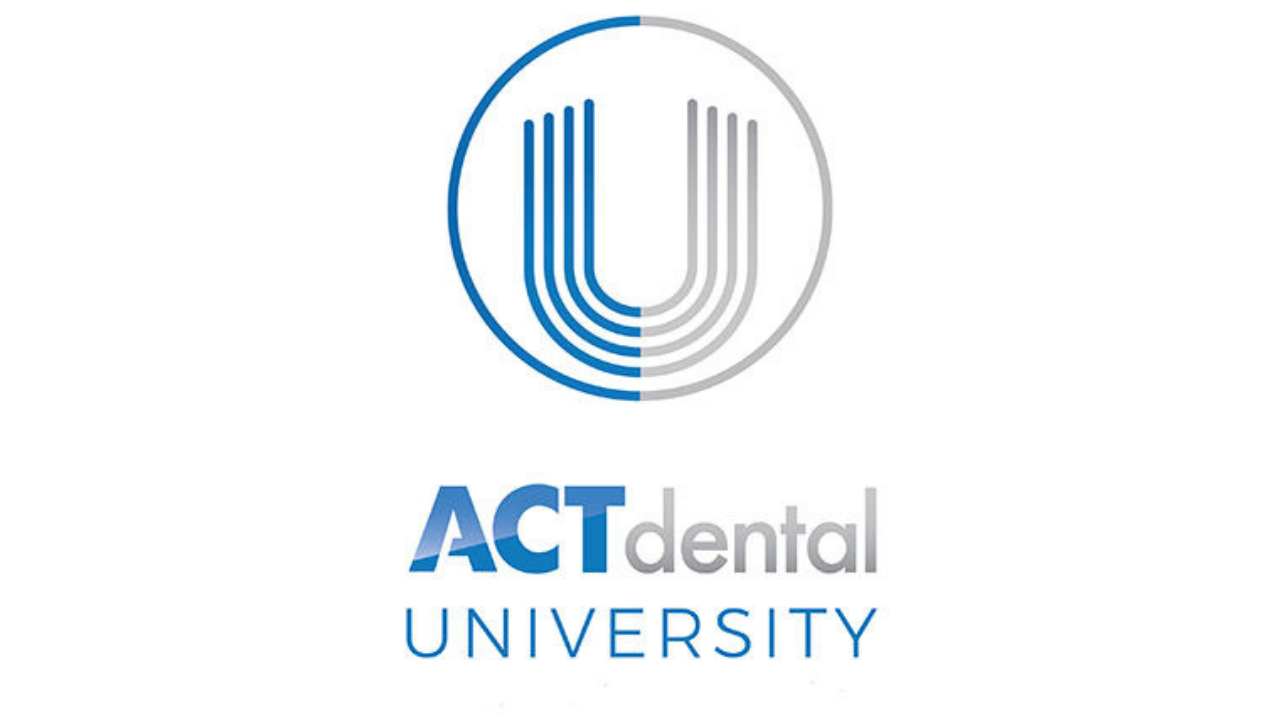
Get access to the best dental educators on the planet to bring you "best practices" and help you become the dentist you were called to be. Watch what you want, when you want it. It's 24/7 on-demand access. Friday's we host "Master Classes" with the very best dental speakers you will ever see.
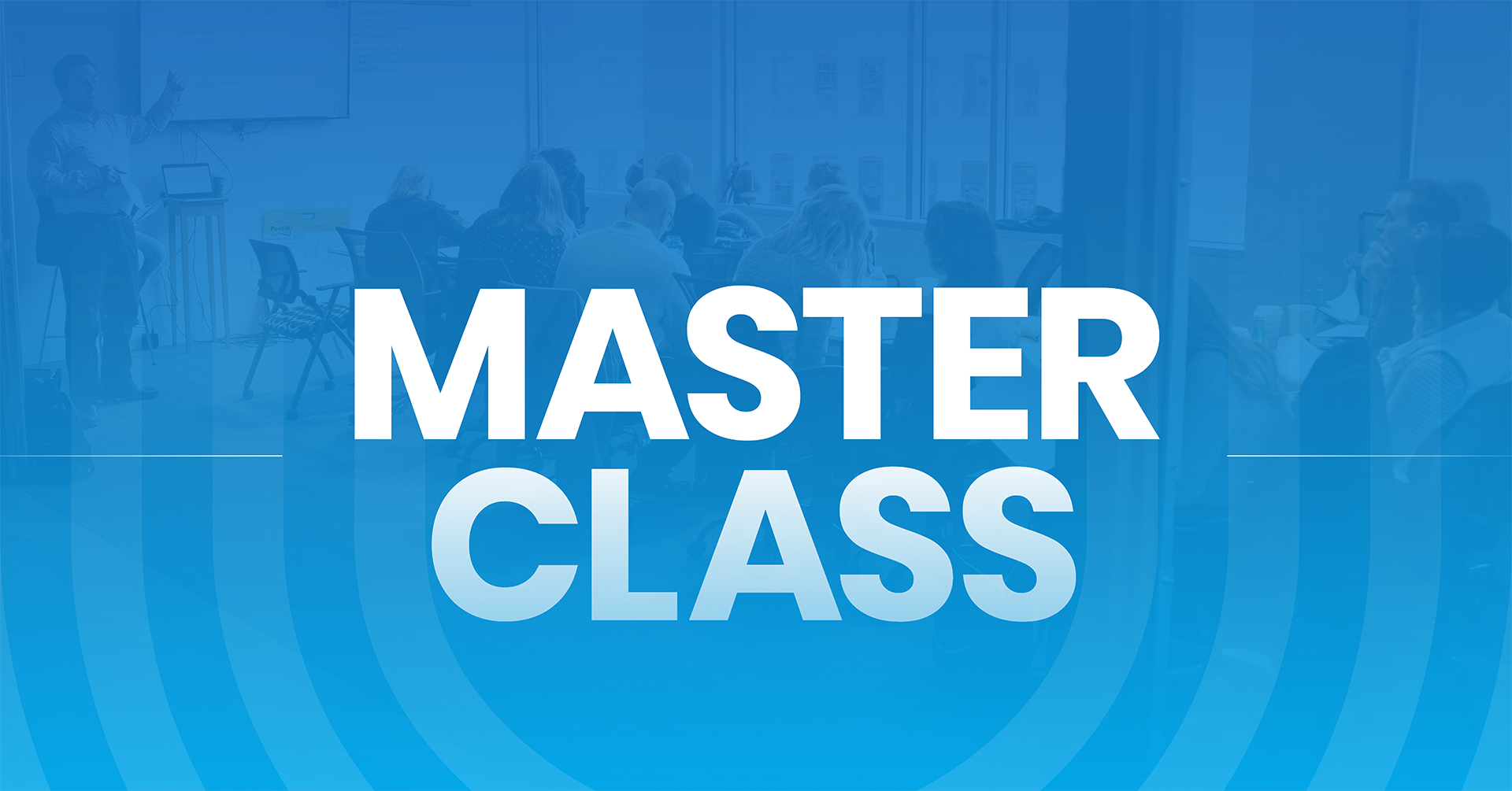
Reserve your spot at the next ACT Dental Master Class
Learn From One of the Best Educators During Our BEST PRACTICES MASTER CLASS Experience.
Kirk Behrendt
Kirk Behrendt is a renowned consultant and speaker in the dental industry, known for his expertise in helping dentists create better practices and better lives. With over 30 years of experience in the field, Kirk has dedicated his professional life to optimizing the best systems and practices in dentistry. Kirk has been a featured speaker at every major dental meeting in the United States. His company, ACT Dental, has consistently been ranked as one of the top dental consultants in Dentistry Today's annual rankings for the past 10 years. In addition, ACT Dental was named one of the fastest-growing companies in the United States by Inc Magazine, appearing on their Inc 5000 list. Kirk's motivational skills are widely recognized in the dental industry. Dr. Peter Dawson of The Dawson Academy has referred to Kirk as "THE best motivator I have ever heard." Kirk has also assembled a trusted team of advisor experts who work with dentists to customize individual solutions that meet their unique needs. When he's not motivating dentists and their teams, Kirk enjoys coaching his children's sports teams and spending time with his amazing wife, Sarah, and their four children, Kinzie, Lily, Zoe, and Bo.
RECENT POSTS
876: The Kois-Coachman Digital Dentistry Event & The IntraOral Scanner Festival – Dr. Christian Coachman
April 18, 2025
Rest Isn't A Reward, It's A Requirement!
April 14, 2025
Data Snapshot: # of Office Days Open
April 11, 2025
Weather Any Storm: The Power of Focus
April 07, 2025
871: Metric Mondays: Gross Profit Percentage: The Health Indicator of Your Practice – Dr. Barrett Straub
April 07, 2025
Embrace Conflict to Unlock Trust
April 04, 2025
